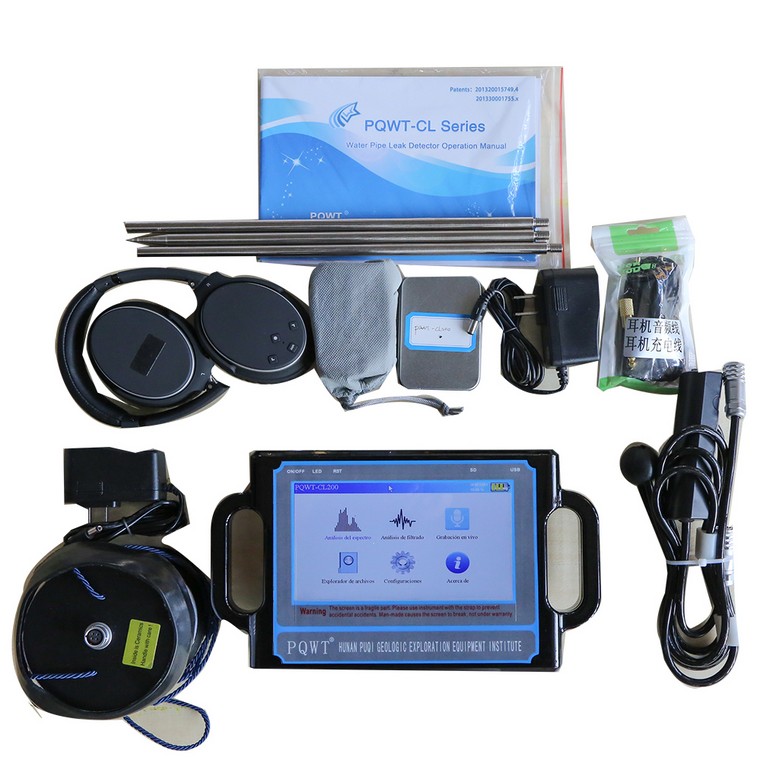In modern industry, pipeline laying is essential. Whether it is ordinary water supply, heating mains or oil pipelines, whether in daily life or in industry, pipeline communication is ubiquitous.
The use of modern materials makes the pipe very reliable, but nothing is permanent. All materials have a service life. And we don’t know what factors will affect its durability.
Risk of leakage
Leaks are one of the most unpleasant water supply failures. Sometimes, when water gushes from the ground, it can be confirmed visually, but sometimes it is impossible. In order to eliminate the accident, it must first be accurately detected.
In the past, in order to determine the leak, people had to dig the ground in the so-called accident area, but this did not always bring the expected results. These activities are not only labor intensive, but also cause a lot of trouble to the people around them-water supply interruption, road blockage, etc.
Sometimes the leak is so small that no one knows. To eliminate such failures, you need to spend a lot of time and effort.
The slight drop in pressure in the system is the first sign that not everything on our production line is in order. Over time, this will develop into a serious leak, so it is necessary to take measures to eliminate the leak as soon as possible.
Leak detection method
Several methods can be used to determine the location of the leak:
If a metal pipe is used, use a signal generator to determine the fracture of the water pipe. It is installed on the highway and sends signals and is received by the receiver. Nowadays, plastic systems are mainly used, so this method is of little significance.
You can fill the pipeline with a safe gas mixture. Usually 95% nitrogen and 5% hydrogen. The gas will escape from the cracks, seep into the soil, asphalt or concrete layer, and then escape the ground. Viewed from above, the leak was determined by the gas analyzer, and the gas analyzer determined the damage.
Two cylinders can be used to determine the breakthrough of the water supply. They are inserted into the test area from both sides. Air is forced into the pipe. If the pressure drops, the damage in the area between the cylinders remains unchanged-check the next area.
You can also use a special device-a
underground water leak detector. Regardless of the pipeline laying conditions, the device can detect leaks with an accuracy of 1 m to 10 cm.
The working principle of the
Underground Water Leak Detector is based on the sound vibration of the test soil, liquid or pipe wall. These vibrations are converted into electrical or acoustic signals, which are monitored by the operator.
The signal can be sent to the computer monitor via a cable or wireless channel.
A more stringent underground water leak detector can not only detect the fault, but also determine its degree, so that the fault can be eliminated with minimal loss.





